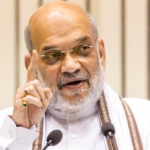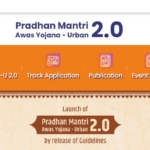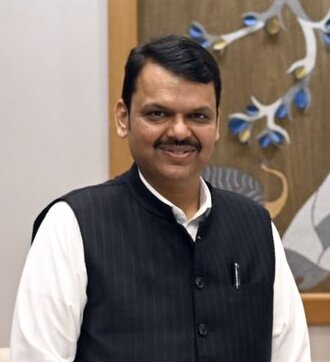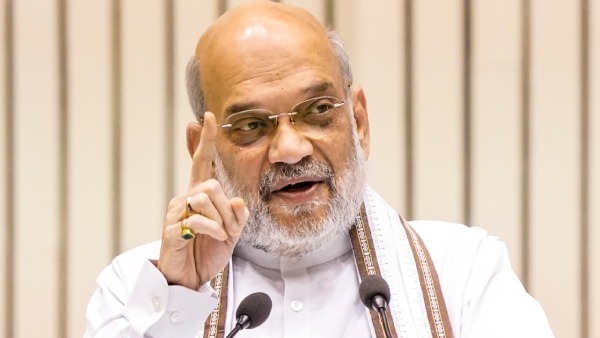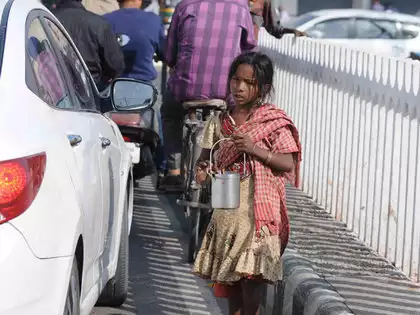Maharashtra Deputy CM Fadnavis Offers to Resign Over Election Results
Maharashtra Deputy Chief Minister Devendra Fadnavis has offered to resign, taking responsibility for the BJP’s poor performance in the Lok Sabha elections in the state. “Whatever loss we suffered in Maharashtra, I take full responsibility. I urge the top leadership to relieve me of my ministerial duties,” he stated.
Fadnavis pointed to issues affecting farmers, who have become a challenging voter base for the BJP since the national protests of 2020/21, as a significant factor in the election results. He also blamed the opposition for spreading “false propaganda” about potential changes to the Constitution, specifically the removal of the word ‘secular’ from the Preamble.
He noted that the votes from Muslims and the Maratha movement also played a role in the outcome.
BJP and Allies’ Performance in Maharashtra
In the 2019 elections, the BJP, in alliance with the undivided Shiv Sena led by Uddhav Thackeray, won 23 out of the 25 Lok Sabha seats it contested in Maharashtra. The Shiv Sena won 18 of the 23 seats it contested. At that time, Fadnavis was the Chief Minister.
This time around, the BJP, now allied with splinter groups from the Sena and NCP, won only 9 seats. Its allies, led by Eknath Shinde and Ajit Pawar, who are now the Chief Minister and Deputy Chief Minister, respectively, won 8 out of the 19 seats they contested.
In contrast, the factions led by Sharad Pawar and Uddhav Thackeray—now renamed after losing their party name and symbol—won 8 out of 12 and 9 out of 21 seats, respectively. The Congress performed strongly, winning 13 out of the 15 seats it contested.
Impact on the National Level
The Sena-NCP-Congress alliance, part of the Maha Vikas Aghadi, won 30 out of Maharashtra’s 48 seats. This significantly contributed to the INDIA bloc reducing the BJP’s lead from previous elections. The BJP, which had won 282 seats in 2014 and 303 in 2019, secured only 240 seats this time.
The BJP’s performance in Uttar Pradesh and Bengal also contributed to the poor result. In Uttar Pradesh, the party won less than half of the 80 seats, a steep drop from the 62 seats it claimed in 2019. In Bengal, it was outperformed by Chief Minister Mamata Banerjee’s Trinamool Congress.
Moving Forward
With 240 seats, the BJP is 32 seats short of a majority, making it reliant on its NDA partners, including the parties led by Shinde and Ajit Pawar. While losing these 17 MPs wouldn’t be as immediate a problem as previous defections by the TDP and JD(U), it would still pose a challenge for Modi’s leadership.
Despite the setbacks, the NDA’s numbers remain strong. Prime Minister Narendra Modi is expected to be sworn in for a third term on Saturday, becoming India’s second three-term leader after Congress stalwart Jawaharlal Nehru.


